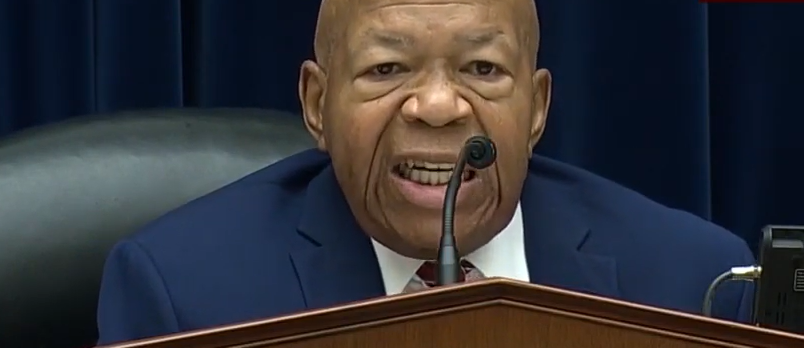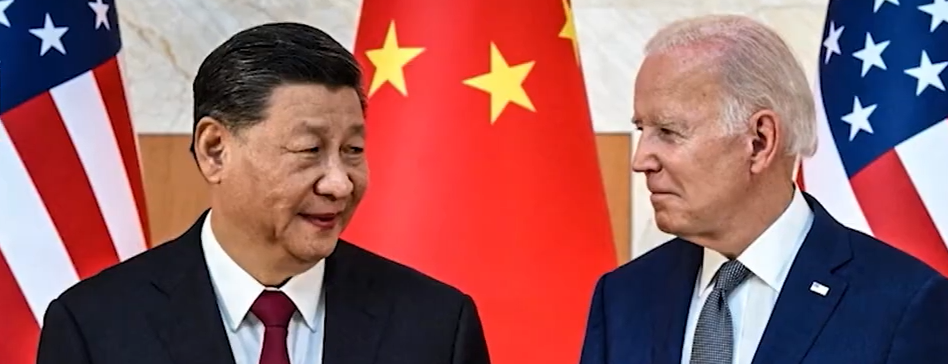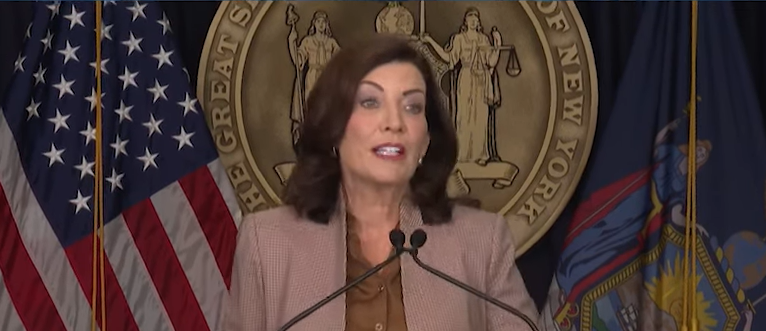Photos: YouTube\ACLU
WASHINGTON – Tuesday, the U.S. House of Representatives passed H.R. 4, the John R. Lewis Voting Rights Advancement Act, on a 219-212 vote. The bill now awaits action in the U.S. Senate where it must overcome a likely Republican-led filibuster to be passed and sent to the president for his signature.
The following statement in response to Tuesday’s vote is by Nancy Abudu, interim director of strategic litigation of the SPLC Action Fund:
“Today, the House of Representatives took a significant – and desperately needed – step to safeguard American democracy and prevent unnecessary and discriminatory barriers to voting erected by anti-voter state legislatures like those here in the Deep South. We salute the defenders of democracy in the chamber for listening to and standing up for voters here and across the country, particularly Black voters and other historically disenfranchised communities.
“The Senate now must do its job. If passed by the upper chamber and signed into law, the John R. Lewis Voting Rights Advancement Act will restore the Voting Rights Act (VRA) to its full strength – necessary today as it was when the late John R. Lewis marched across the Edmund Pettus Bridge in 1965 in Selma, Alabama.
“Protecting and strengthening Americans’ right to vote is a popular goal: for the American public itself, for the business community, and for civil society and civil rights organizations of all sizes.
“The members of the House that voted against today’s bill ignore that the reauthorizations of the Voting Rights Act have always been by wide bipartisan margins and occurred across the administrations of Republican Presidents Nixon, Ford, Reagan, and George W. Bush. In 2006, a Republican-controlled Congress extended the VRA for 25 years by a vote of 98-0 in the Senate and 390-33 in the House of Representatives.”
“As H.R. 4 moves to the Senate, Minority Leader Mitch McConnell (R-KY) has already confirmed that he is opposed to the bill, forecasting he will do everything in his power – up to and including leveraging a legislative tool popular with pro-Jim Crow senators of the past – to prevent its passage and to erode the fundamental right to vote further.
“To protect the future of American democracy, senators may need to make the body majority-rule. So be it.”
ADDITIONAL BACKGROUND:
Among other provisions, H.R. 4 would restore vital parts of the Voting Rights Act of 1965, including a requirement that states and localities with documented records of racial discrimination in voting submit voting changes to the Department of Justice to ensure the changes do not discriminate against voters based on race. H.R. 4 would also require certain jurisdictions to receive federal approval before implementing practices known to have racially discriminatory impacts and restore key protections for voters seeking to challenge discriminatory voting laws in court.
Recently, the Southern Poverty Law Center (SPLC) submitted reports to Congress documenting ongoing voter discrimination in Alabama, Louisiana, and Mississippi. Earlier this year, the SPLC filed cases against the state of Georgia and Florida for elections-related laws passed this year. For more information, visit www.splcactionfund.org.







